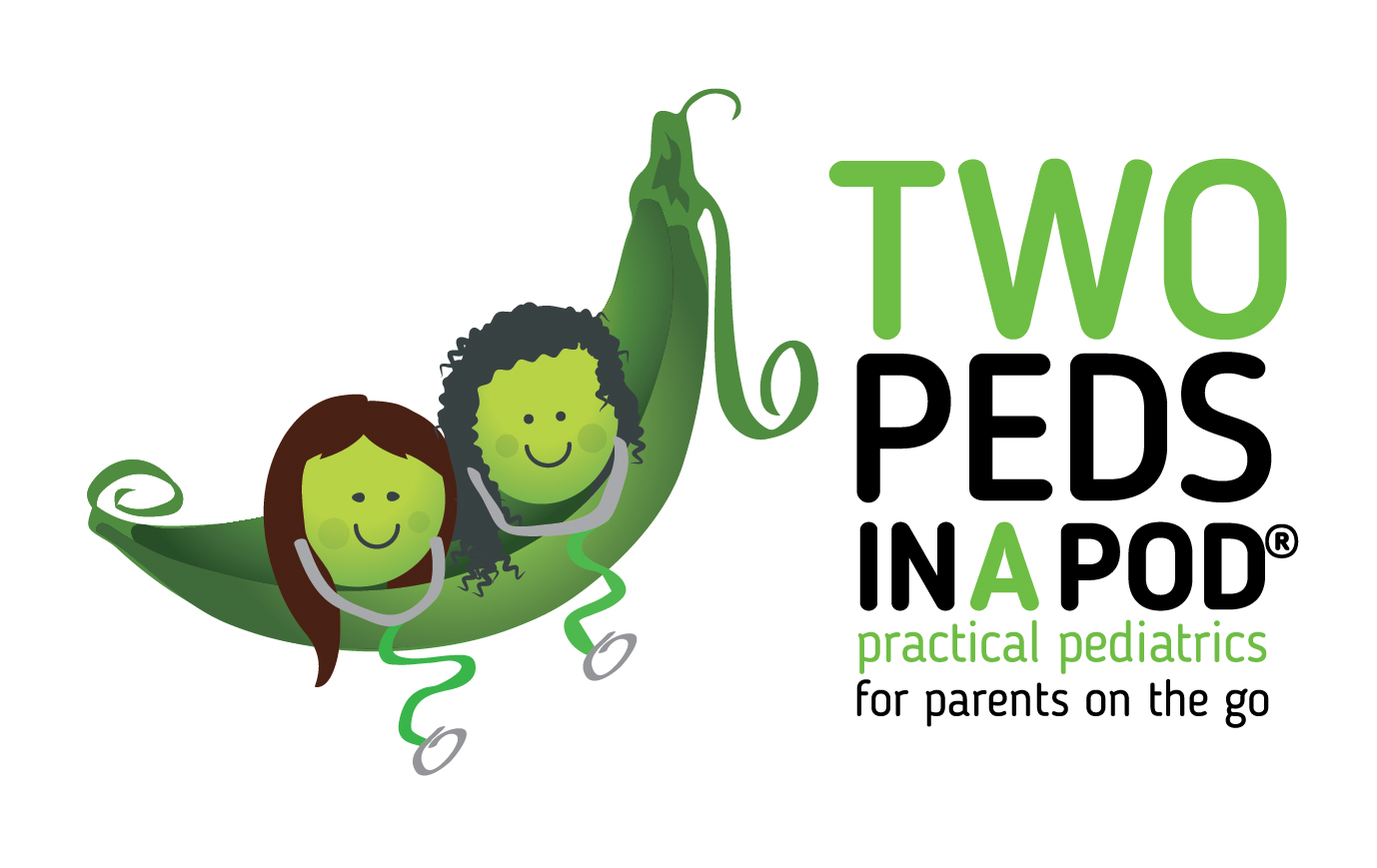 The preschool class was going on a field trip to a park. It was a breezy spring day and the four-year-old boy with the closely cropped hair was thrilled. Even though he didn’t usually attend school on Fridays, his mom brought him to meet up with his classmates at the park. The four-year-old’s eyes lit up as the yellow school buses rolled into the park just in time for lunch. Out tumbled the children, loud with excitement. In a flash, teachers spread brightly colored floral bed sheets on picnic tables, transforming the park into a little cafeteria. Twenty kids squashed together at the tables and forty sets of hands plunged into brown paper lunch bags. Holding onto his mother with one hand and holding his lunch bag in the other, the four-year-old boy shyly approached the crowd.
The preschool class was going on a field trip to a park. It was a breezy spring day and the four-year-old boy with the closely cropped hair was thrilled. Even though he didn’t usually attend school on Fridays, his mom brought him to meet up with his classmates at the park. The four-year-old’s eyes lit up as the yellow school buses rolled into the park just in time for lunch. Out tumbled the children, loud with excitement. In a flash, teachers spread brightly colored floral bed sheets on picnic tables, transforming the park into a little cafeteria. Twenty kids squashed together at the tables and forty sets of hands plunged into brown paper lunch bags. Holding onto his mother with one hand and holding his lunch bag in the other, the four-year-old boy shyly approached the crowd.
Upon spotting the boy, a little girl with a Scooby Doo shirt ran up and jumped up and down in delight.
“You’re here, you’re here!” she squealed.
The boy went happily with his mother to find a seat. But something was wrong. The boy and his mom went from table to table in a futile attempt to find a spot. But each table was the same: every child had a field-trip-friendly peanut butter sandwich in his hand. Peanut butter was everywhere. Some had it on white doughy bread, some had it on crackers. Another had a bag of peanuts mixed in with chocolate chips. The mom recoiled with horror and tightened her grip on the boy’s hand. Allergic to peanuts, the boy stood hesitantly at the edge of the crowd. As a baby, the boy had broken out in hives after his sister touched him with her hands sticky from her own peanut butter and jelly sandwich.
Imagine having to scrutinize the ingredients of all your food. Imagine being wary of a basic necessity that brings not only nutrition, but also feelings of warmth and comfort. Most children with food allergies have a reaction only when they ingest the offending substance, but the allergenic ingredients can pop up in unlikely dishes. The hyper vigilance of families with food allergies can be wearing. Studies on the psychological impact of food allergies show that families with children with food allergies have an overall lower quality of life than families without food allergies. In fact, although not obvious, families with food allergies rate their own lifestyle quality similar to families who have a child with diabetes or even a child who is respirator dependent.
For a moment a sense of isolation overwhelmed the mom. But just as quickly as it came, the feeling dissipated. In the future, the danger would become just a routine part of life, something to add to the long list of items to teach the boy to watch for. Just as the mom would teach the boy to watch out for cars as he crossed the street, she would teach him to watch for nuts in his food. Perhaps his quality of life would be compromised, but as she watched him laugh with his friends, it didn’t matter, he did not perceive it that way. Well loved, his quality of life index was still sky high.
Finally, the mom found a child who had finished eating his sandwich and had cleaned his hands. Half in jest, she fondly called her son “ostracized one” and placed her allergic boy next to the one who was done. There he perched, surrounded by messy children, with their messy peanut butter covered hands. Thankfully, the boy was happy and too busy chatting with his friends to worry. To him, waiting for a lunch spot was a mere nuisance. The potential danger next to him was just an accepted part of his everyday life.This scenario actually occurred. The little boy was my son. And the mom was me.
Naline Lai, MD
As the beginning of school approaches, Drs. Lai and Kardos remind parents of children with food allergies to check the dates on their Epi-Pens or Twin Jets to make sure they have not expired. Practice discharging expired pens into a grapefruit. Now is the time to update your “allergy action plan” from your child’s health care provider for your child’s teachers and school nurses.
Dr. Lai serves as an advisor for the FAST (Food Allergy Support Team) of Doylestown, PA, a local support group of the national Food Allergy Anaphylaxis Network.
©2011 Two Peds in a Pod®



